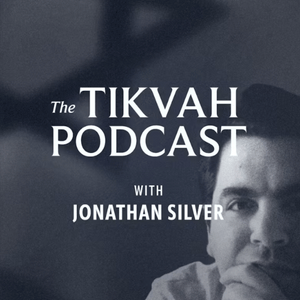Samuel Kassow on the Warsaw Ghetto Uprising
Last week, Michael Smuss died at age ninety-nine. Born in 1926, he was the last surviving fighter of the Warsaw Ghetto Uprising. His passing marks the end of an era, and brings to a close a chapter of living memory. Now the responsibility to tell this story passes fully to us. In the spring of 1943, against impossible odds and with almost no weapons, a small group of young Jews in Nazi-occupied Warsaw staged a revolt that would reverberate through history. This was not just a military engagement, but a story of Jewish resistance, dignity, and moral choice under unimaginable circumstances. Before the war, Warsaw was home to nearly 400,000 Jews—the largest Jewish community in Europe. This was a vibrant, diverse Jewish population: workers and intellectuals, religious and secular, Yiddish-speakers and Polish-speakers. Jews published daily newspapers, ran theaters, fielded soccer teams. They were 40 percent of Warsaw's population. Then came September 1939. Within weeks, Warsaw fell to the Germans. Over the next year, the Nazis systematically stripped Jews of their rights—blocked bank accounts, forced them to wear special armbands, and conscripted them into slave labor. In November 1940, they sealed 400,000 Jews into a ghetto of just two square miles, then forced in 150,000 more from nearby towns and cities. With official rations of just 184 calories per day and no heating, 100,000 Jews died of starvation and disease. But 80 percent stayed alive through extraordinary resourcefulness—smuggling food, establishing soup kitchens, creating underground factories. This too was resistance. In July 1942, the Germans began mass deportations to Treblinka, where most were murdered upon arrival. Over seven weeks, they sent 300,000 Jews to the gas chambers, with the help of a Jewish police force. By September, only 60,000 remained. At that point, something shifted. Survivors asked why they hadn't fought back. The shame and anger became a catalyst. Between September and April, the ghetto prepared. They built 750 bunkers with electricity, water, and food stocks. When the Germans came on April 19, 1943, expecting to round up the Jews with no resistance, they were met with gunfire, grenades, and mines. The Germans thought it would take three days. It took 27—because the entire community had transformed the ghetto into a network of underground revolt. To tell this story, Mosaic's editor Jonathan Silver is joined by Professor Samuel Kassow of Trinity College. They discuss the courage of the fighters as well as the resistance of those who built the bunkers, who preserved cultural life, who maintained their dignity in ways that have largely been forgotten. They also confront difficult questions about heroism, survival, and how to fulfill the sacred obligations of remembering.


